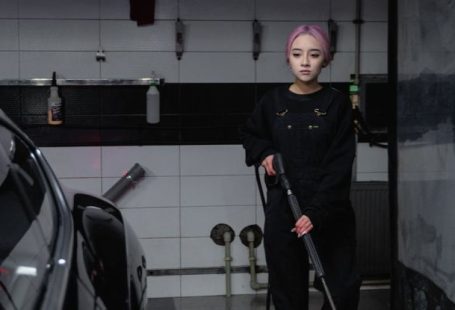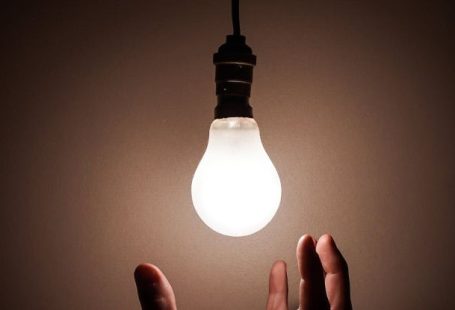When your HVAC system starts acting up, it can be both frustrating and costly. The thought of calling a professional to troubleshoot and repair the issue may leave you dreading the impending bill. But before you pick up the phone, is it possible for you to troubleshoot a faulty HVAC system yourself? Let’s delve into this topic and explore whether you can tackle HVAC problems on your own.
Understanding the Basics of HVAC Systems
Before attempting to troubleshoot your HVAC system, it’s essential to have a basic understanding of how it works. HVAC stands for heating, ventilation, and air conditioning, and these systems are responsible for regulating the temperature and air quality in your home. They consist of various components, including the furnace, air conditioner, ductwork, thermostat, and more.
Checking the Thermostat
One of the first things to check when your HVAC system is not functioning correctly is the thermostat. Make sure it is set to the correct temperature and mode (heating or cooling). If the thermostat runs on batteries, replace them to see if that resolves the issue. Sometimes, a simple adjustment to the thermostat settings can solve the problem without the need for professional intervention.
Inspecting the Air Filters
Clogged or dirty air filters can cause your HVAC system to work inefficiently or even break down. Regularly inspect and replace air filters to ensure proper airflow and system performance. Dirty filters restrict airflow, causing the system to work harder and potentially leading to malfunctions. By keeping your filters clean, you can prevent many common HVAC problems.
Checking for Obstructions
Inspect the area around your HVAC system for any obstructions that could be hindering its performance. Make sure there are no objects blocking the vents or the outdoor unit. Additionally, check the ductwork for any blockages or leaks that may be affecting airflow. Removing obstructions can often resolve issues with airflow and temperature regulation.
Listening for Unusual Noises
Unusual noises coming from your HVAC system can indicate underlying issues that need to be addressed. Listen for sounds such as banging, rattling, hissing, or squealing, as these could be signs of mechanical problems. While some noises may be harmless, others could indicate the need for repairs. If you hear anything out of the ordinary, it may be best to consult a professional for further evaluation.
Testing the Circuit Breaker
If your HVAC system is not turning on at all, check the circuit breaker to ensure it has not tripped. Reset the breaker and see if that resolves the issue. If the breaker continues to trip, there may be a more significant electrical problem that requires professional attention. Avoid attempting to work on electrical components yourself, as it can be dangerous without the proper knowledge and tools.
Assessing Refrigerant Levels
If your air conditioner is not cooling properly, it could be due to low refrigerant levels. While checking and adding refrigerant should be left to professionals, you can monitor the performance of your AC unit to determine if this is the issue. If you notice a significant decrease in cooling efficiency, it may be time to call a technician to inspect and recharge the refrigerant.
Conclusion: Knowing When to Call a Professional
While some HVAC issues can be resolved through simple troubleshooting steps, there are times when professional intervention is necessary. If you encounter complex problems or are unsure about how to proceed, it’s best to contact a licensed HVAC technician. Attempting to repair complicated issues without the proper expertise can lead to further damage and safety hazards. By knowing when to tackle HVAC problems yourself and when to seek professional help, you can ensure the efficient operation of your system and the comfort of your home.





